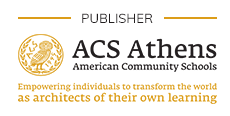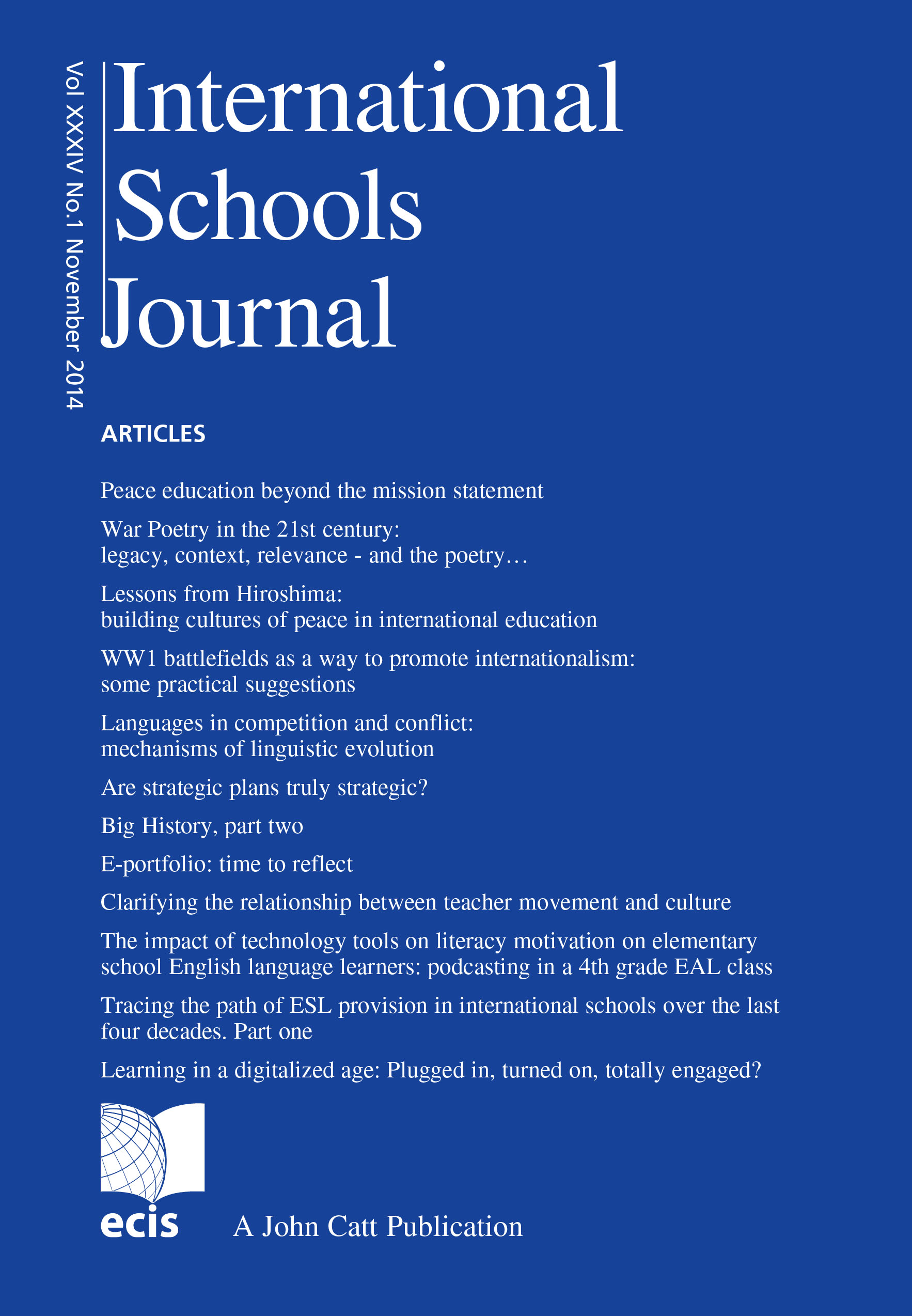ISJ November 2014: Languages in competition and conflict: mechanisms of linguistic evolution
10,00€
Malcolm Pritchard
Abstract:
In this, the centenary year of the outbreak of World War One, the so-called ‘Great War’, historians are sifting the historical record for new perspectives and interpretations of this critically important watershed event in 20th century history. The Great War was an event of unprecedented significance in its scope and influence on all corners of the globe, giving rise to new technologies, new military strategies, new social attitudes, new political alliances, and a rich lexicon of new words to describe the utterly novel experiences of participants in this global conflict. It also set in motion events that continue to resonate in the geopolitical realities of the 21st century.
This article will explore the ways in which language is influenced by sociocultural forces generated by international conflicts such as the Great War and how these influences in turn result in the sometimes subtle and at times far-reaching linguistic transformations. This exploration will deal principally with the emergence of English as a global lingua franca and the mutual interactions between it and another emerging global language: Chinese. The Sapir-Whorf Hypothesis of weak and strong linguistic determinism will act as one of the referential frames for this discussion.



